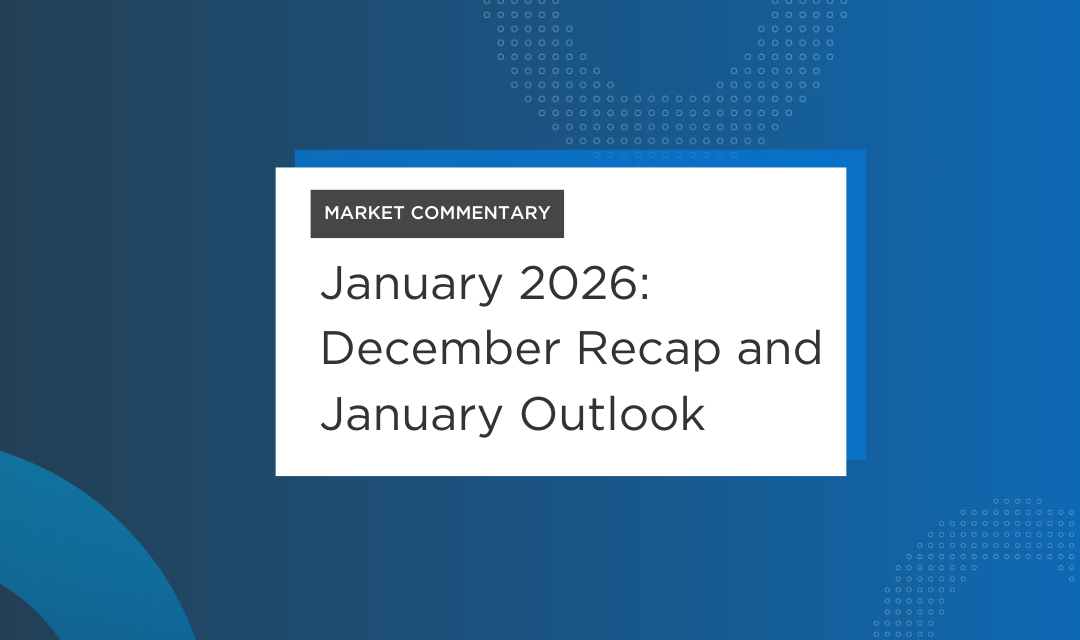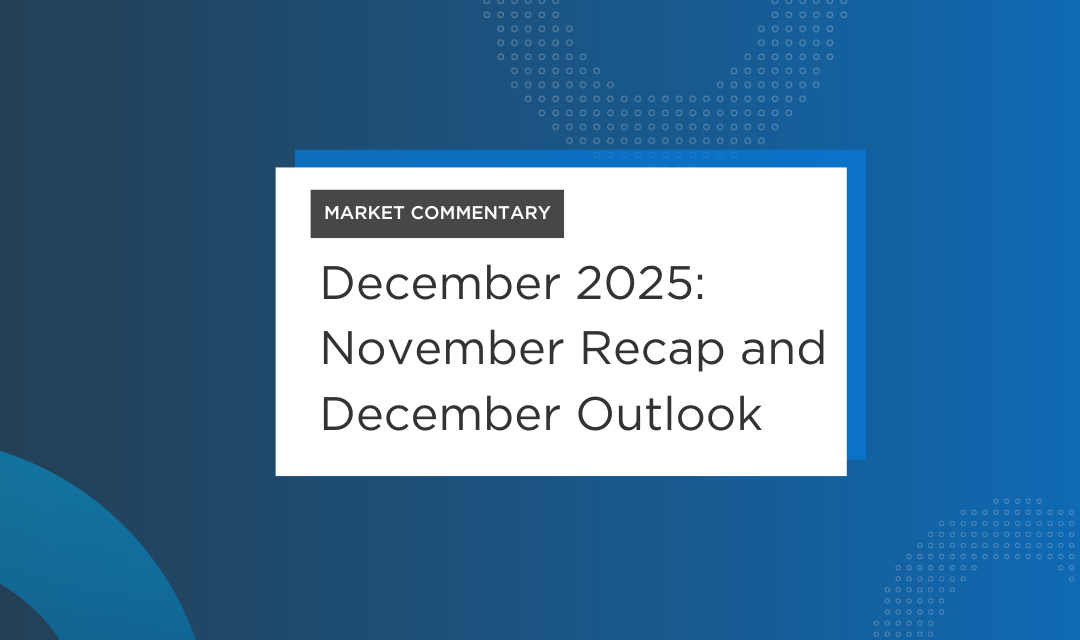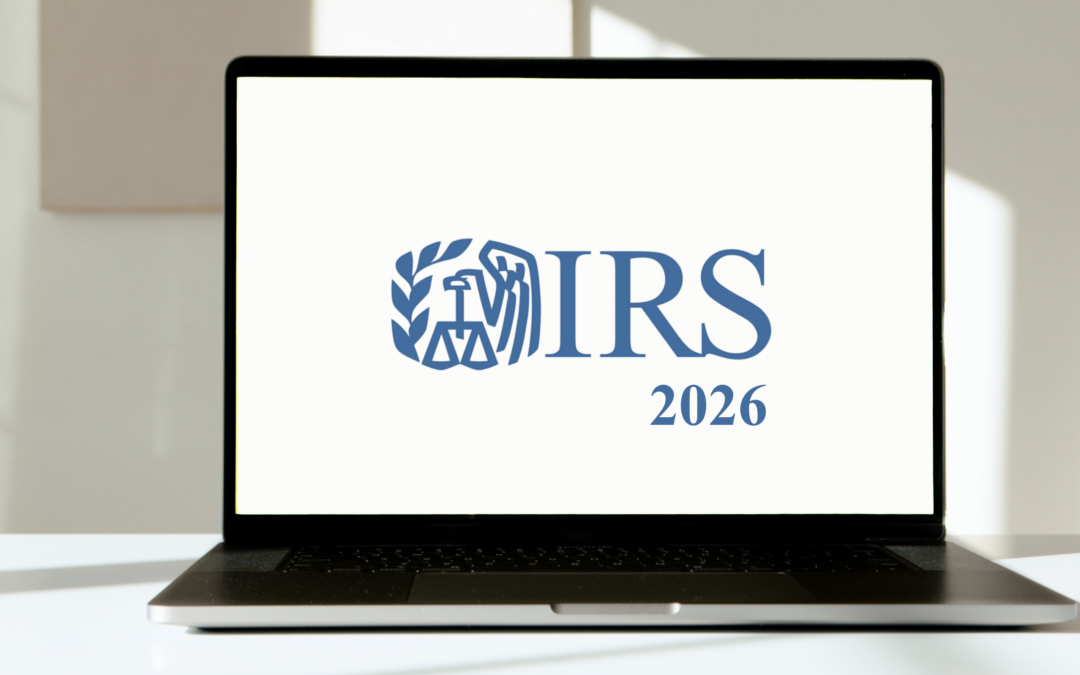You Need a Financial Advisor, and Here’s Why
With contributions from Mark Essenfeld, CFP®, AIF®
Many people struggle with decisions in life that have financial implications; and the struggle is typically based upon the life implications of the decision rather than the dollars themselves. This interrelationship between life and money causes most people to make these decisions on an emotional basis rather than in an objective and logical way, and as a result, the decision is often short sighted and not in one’s best interest. A financial advisor can help provide an objective unemotional analysis, and possibly suggest strategies which the client may not even be aware are available. In addition, with the help of a financial plan, perspective becomes much more long term, and individual decisions can be placed within the context of that long term plan and perspective.
There are several life situations that may provide increased impetus to seek the help of a financial advisor since many feel that they don’t have the time, inclination, or knowledge to address these situations by themselves. If you recognize yourself in any of the following descriptions, it’s probably best to hire a professional.
- You’ve got your first big job – but you are still carrying a lot of education debt
- You are changing jobs
- You have equity compensation and need to understand the benefits, the process, and how to minimize the tax impact
- You want to enjoy your life now – but want to create the option to retire early, or for one spouse to stop working
- You own your own business
- You have a blended family
- You have young kids or aging parents that need help
- You’re ready to retire and need to create income from your savings
The above situations are each very different, and the advice a financial advisor can provide would be specific to the priorities and the needs of the individuals involved. While each of these scenarios involve money, the solutions go far beyond simply managing investments or advising on an amount to save.
A financial advisor can work effectively across an entire financial plan to incorporate necessary elements. Cash flow planning, multi-year tax planning, investments that maximize flexibility and opportunity, retirement planning, insurance, and estate planning are all part of what an advisor can bring to the table.
But the most critical piece is in listening to you – helping you understand your current situation, internalizing what you want to accomplish, and designing a plan to get there.
Evaluate Your Needs
The first step in hiring a financial advisor is understanding what is needed. Are you someone that likes to manage your investments but needs financial planning to pull all the pieces of your life together? Or do you want someone to take charge of all aspects of your financial life? Is there a specific issue you want help with? Do you want someone to be a partner for years to come, or do you need someone to create a plan and teach you how to move forward on your own?
If you have a partner, think about what you want to accomplish as a couple. Do you have the same priorities? Do you think about money the same way, or do individual spending or saving habits cause stress in your relationship?
Taking the time to think about your needs can put you on track to find a good match. Very often advisors focus their practice in certain areas, such as debt management or insurance planning. Others may have expertise in dealing with certain kinds of situations, such as military families, or families with special needs children. Find an advisor that best fits your situation. If you’re in your twenties, for example, you may not want to hire an advisor specializing in retirement.
How much will it cost?
Financial advisors have many different models for the fees that they charge to accommodate different types of clients. This is helpful because it allows one to find the model that works best for them.
Fixed Fee for Service: This is a one-time charge for agreed upon services provided, such as preparing a financial plan. The agreement will specify what is involved containing elements like gathering information, determining goals, and creating and reviewing the plan itself. The engagement in a case like this would end after the agreed upon services have been provided.
Hourly Rate: This format is like Fixed Fee for Service in that it is intended to be for a service or group of services that will be completed in a finite amount of time. The advisor will track and bill for time similar to the way one would pay an attorney, rather than quoting the cost up front like a Fixed Fee pricing structure.
Retainer or Subscription Fees: Retainer fees are generally charged annually while Subscription fees are typically charged monthly or quarterly; but both are intended to reflect an ongoing relationship anticipated to last potentially for years. For many people, working with a financial advisor is a lifelong relationship, and the fees are well worth the advice, support and partnership provided.
Percentage Pricing: The most common form of this structure is billing for a percentage of assets under management. In this structure, investment accounts managed by the advisor are charged an annual percentage, most typically billed quarterly. More recently, some advisors have begun to charge a percentage of net worth to reflect the increased complexity that typically comes with increased net worth, and to reflect the amount of advice provided that has nothing to do with asset management.
Commission: Under this structure the advisor is compensated for buying or selling a financial asset, such as a stock or mutual fund. While this used to be the most common form of advisor compensation, its use is shrinking every year since it provides the greatest potential for conflict of interest between the advisor and the client.
Within and among these broad categories, advisors may create combinations of fee types from more than one category. It is fairly common for instance, for an advisor to charge a flat fee for financial planning services, along with a percentage fee for asset management. The most important thing for you is that the advisor should be completely transparent about all the fees charged and any resulting conflicts of interest. You should know exactly what you are paying for.
Are They a Fiduciary?
A fiduciary is legally obligated to put the client’s interests ahead of their own in the management of property and/or financial assets. This is a very important distinction since it is possible for an advisor to provide advice based upon their own compensation interests in addition to, or rather than what is best for the client. It is difficult, however, to determine who is a fiduciary and who is not without asking them directly and requesting that they provide a fiduciary commitment in writing as part of the engagement agreement. The written fiduciary commitment with any conflicts of interest clearly stated, is the only way to ensure that advice and information provided will be in the client’s best interest.
Do you Like and trust Them?
This is subjective, and it may sound frivolous – but don’t neglect it. For the relationship to be successful, you’ll need to disclose personal information about your finances, income, debts, issues with money, history, etc.
It can be very uncomfortable to tell someone about situations where finances were precarious, or you made big mistakes that need cleaning up. You also need someone who relates to you and your style, and if you have a partner, you both need to be comfortable with the advisor, and the advisor should always consider both partners’ perspectives.
Most advisors will offer an initial consultation at no cost or obligation to get to know you and allow you to discover and assess them. They’ll tell you that the relationship needs to be a good fit – and they mean it.
They want to help you succeed, so be sure you ask questions and allow yourself to understand what they do and if you are comfortable with it. Do some research, spend time on their website, and check out their social media. There are also some reliable data bases of advisors that may be helpful at: letsmakeaplan.org, the consumer website for the Certified Financial Planner Board of Standards; and napfa.org, the website for the National Association of Personal Financial Planners.
The Bottom Line
Working with a financial advisor can be one of the most productive professional relationships one can have. The relationship can be structured in many ways any to reflect individuals’ style, needs, and comfort level.
Whether it is better to hire an advisor who will be a partner for many years to come, who will be your “first call” no matter what happens; or you prefer to manage finances yourself with a little help from time to time – there’s an advisor for everyone.
Schedule your complimentary call today to get answers to all your finance-related questions at https://tcgservices.com/find-an-advisor/
DISCLOSURES
Investment advisory services offered through TCG Advisors, an SEC registered investment advisor. Insurance Services offered through HUB International. Tax services offered through RPW Solutions.
Although the information in this blog has been compiled from data considered to be reliable, the information is unaudited and is not independently verified.
Different types of investments and investment strategies (including the investments purchased and/or investment strategies devised by Advisor) involve varying degrees of risk, including the complete loss of principal invested, and there can be no assurance the future performance of any specific investment, investment strategy or product detailed in this report will increase in value, be profitable or equal any corresponding indicated historical performance level(s).
TCG Advisors does not provide tax, legal or accounting advice. This presentation was prepared for information purposes only, and is not intended to provide, and should not be relied on for, tax, legal or accounting advice. You should consult your own tax, legal and accounting advisor before engaging in any transaction. TCG.63.2022



